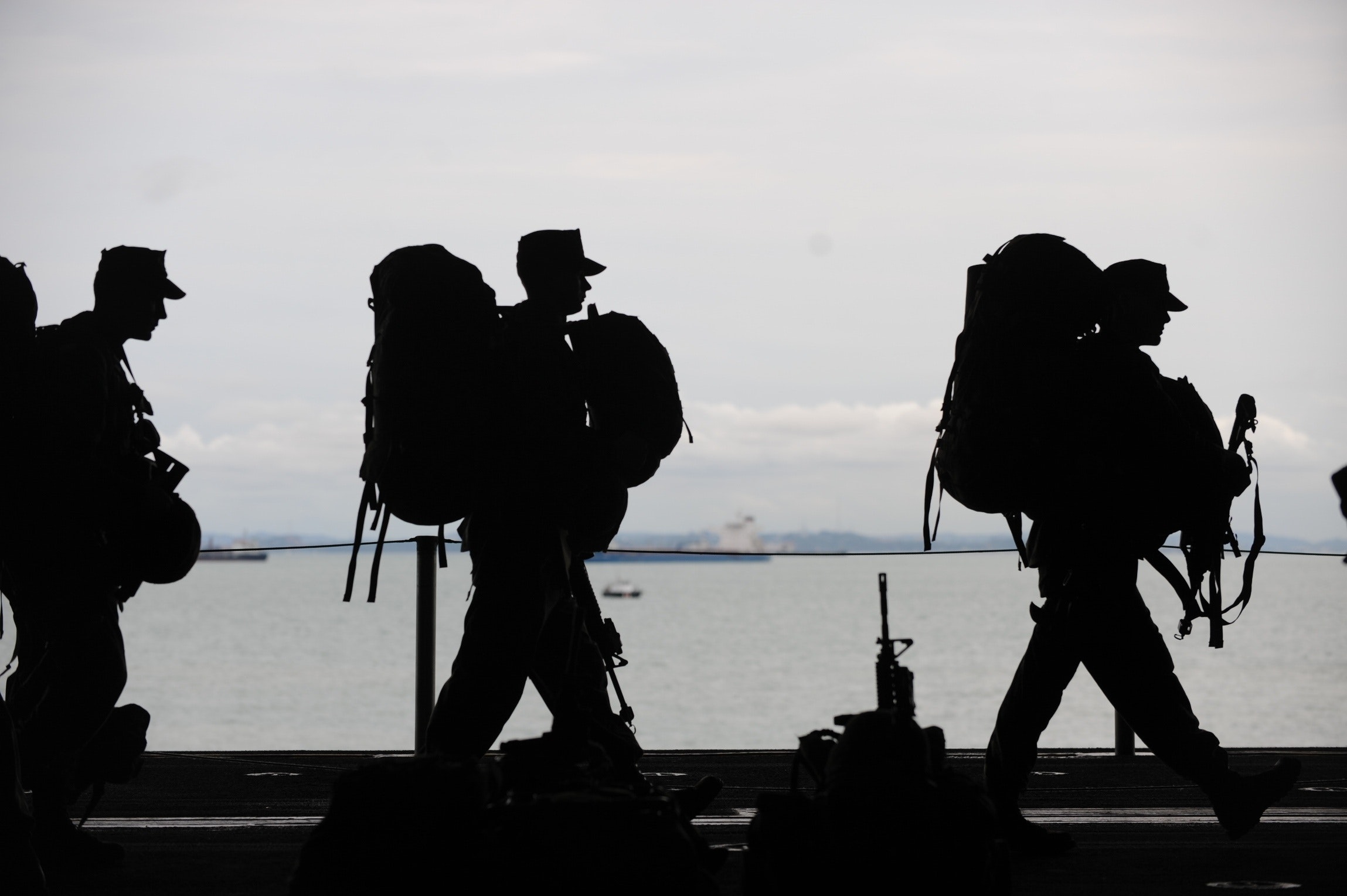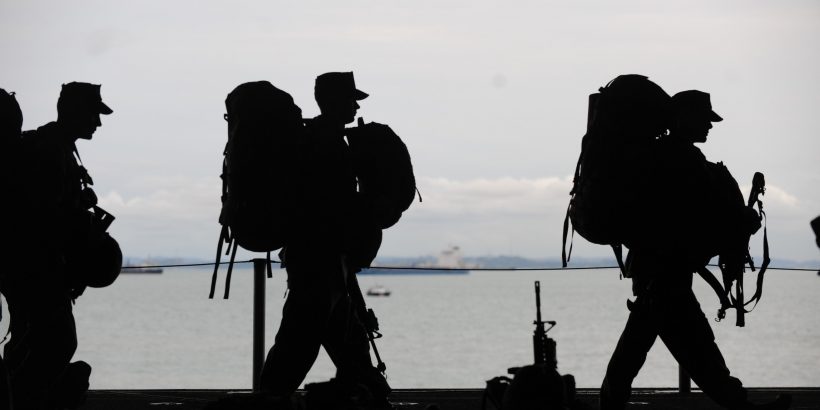
While applauded as heroes, veterans face many obstacles when returning to civilian life. Transitioning from a military setting can be extremely difficult. Many social and economic factors can isolate returning veterans and their families from enjoying the benefits of the country they fought to protect. Despite this, many of those issues are invisible, and a veteran can lose the close-knit relationships they found in military spaces and feel powerless to solve their newfound problems.
So what do U.S. veterans and their families face the different, invisible obstacles? What opportunities do they have to seek help? What can ordinary citizens do to help reintegrate veterans into everyday life?
Employment
Finding employment is one of the biggest challenges a veteran can face. Many struggle to translate their military skills and experiences into a different, highly competitive job market. Any physical disabilities or mental health issues acquired from service can also make it difficult to secure or even seek employment. It can cause problems for both the veteran in question and their family.
Mental Health Challenges
When serving, it’s highly likely that a soldier will suffer mental trauma that they must carry back into their everyday lives. Post Traumatic Stress Disorder, or PTSD, is common, especially for those who serve in active war zones or perform highly stressful tasks. PTSD can cause nightmares, hallucinations, panic attacks, and violent outbursts. Untreated or mistreated, something like PTSD can fracture a veteran’s daily life, relationships, and career after returning home.
Physical Health Challenges
Along with PTSD, Veterans often have physical disabilities that they carry back with them from deployment. Here are some of the more common physical health problems that a veteran can face when fighting for their country:
Hearing Damage:
When you think of military injuries, it might not immediately cross your mind, but hearing loss is common and often invisible in veterans. Think of all the movies you’ve probably seen where the sound cuts out after a loud bomb or gunshot—it’s common for vets to face tinnitus, deafness, or other hearing issues after service.
Migraines:
Migraines are one of the top ten issues veterans face after returning home. Migraines are a type of chronic pain that can massively impact keeping a steady career and lifestyle.
Chemical Exposure:
There are numerous different types of chemicals that veterans are exposed to during service. As a result, they can experience lung issues, chemical burns, later health defects, heart problems, brain damage, and even cancer later in life due to consistent exposure to toxic materials.
Diabetes:
Nearly a quarter of veterans have diabetes. Diabetes can be caused by eating disorders arising due to PTSD and a lack of mental health care. It can also be caused by chemical exposure. For example, Vietnam veterans exposed to Agent Orange had a high rate of diabetes after their service.
Access to healthcare is also a challenge for many veterans. The Department of Veterans Affairs (V.A.) provides healthcare services to eligible veterans, but the system can be complex, and veterans may need help navigating it. Additionally, some veterans may live in rural or remote areas with limited access to V.A. healthcare services.
Social Challenges
A military family can face social challenges when reintegrating into civilian life. Especially if a veteran joined the military when they were only a teenager, deployments and frequent moves can make it difficult to establish roots and a support network. A veteran might also face stigma or misconceptions due to how people view them. Others may not understand the extent of the obstacles veterans face and only reaffirm the self-destructive attitudes that a veteran may adopt.
Lack of Awareness
There are some solutions that veterans have for some of their problems. While there’s always more that can be provided regarding benefits and mental health care, veterans and their families have options to find community and financial support. In an interview by Navy SEAL Foundation Larry Fowler, Robin King explains the many opportunities for Navy SEAL families to achieve information and connections. Many veterans and soldiers may think their pain is good and indicative of strength, but that attitude tends to leave them isolated when returning to their relationships and lives.
Conclusion:
Despite being portrayed as heroes under the U.S. flag, veterans and their families face many more issues than expected. They also don’t have as much support regarding employment and healthcare as you’d expect. By recognizing these challenges and taking advantage of available resources and support, veterans and their families can feel less isolated from the country they served to protect. The sacrifices made by veterans and their families should not go unnoticed. It is important to continue advocating for their needs and providing the necessary support to ensure a successful transition.
